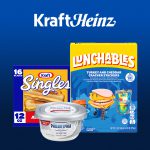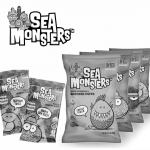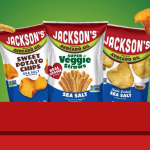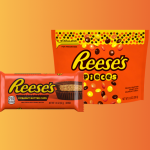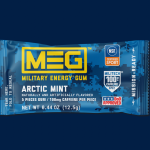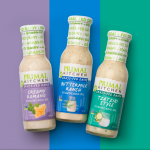Three Wishes Bets On Cereal-Adjacent Categories To Fuel Growth
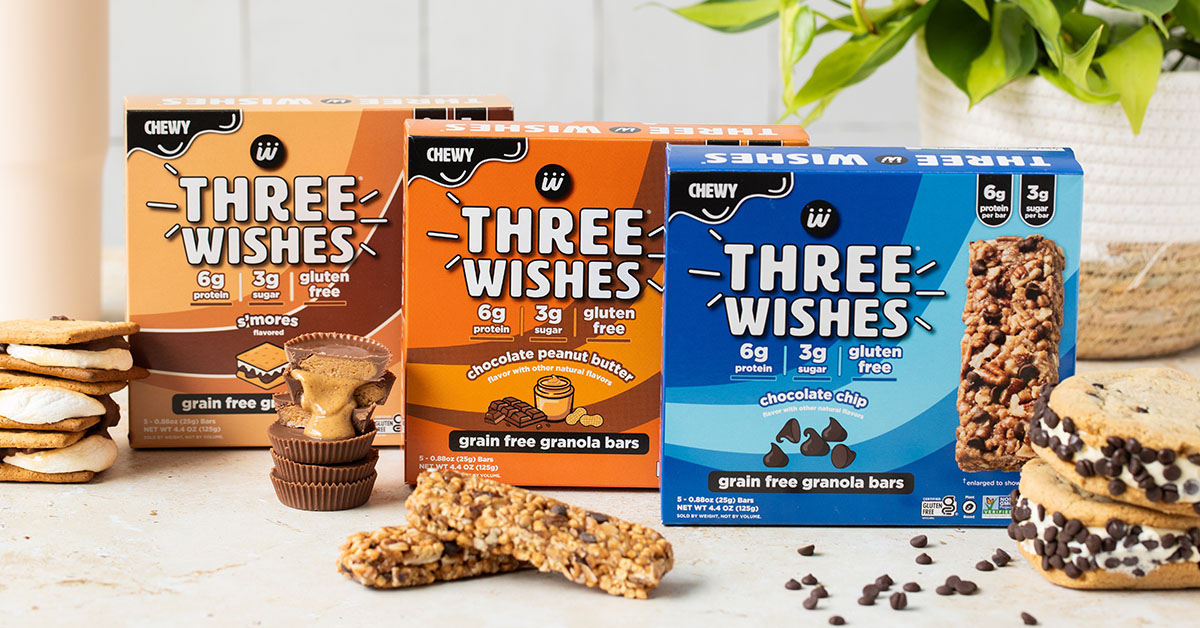
Three Wishes was one of the trailblazers of the better-for-you cereal trend but, like many in the category, is seeing new opportunities out of the breakfast aisle.
Founded in 2019, the grain-free brand is leveraging a key partnership with mass retailer Target as it brings its approach to next-gen cereal to snacks. It is using the new product line to build out a bigger footprint in stores offering an alternative to another crowded category: granola bars.
Three Wishes started the summer with the launch of its line of granola and has now followed it with a 3-SKU granola bar line — Chocolate Chip, Chocolate Peanut Butter and S’mores. The bars – which are grain-free, high-protein, low-sugar, and free from artificial ingredients and seed oils – are launching exclusively for six months in all 1,500 Target stores.
“Cereal is a humongous category that’s super difficult to break into. It’s led by three to four large players and is usually the longest aisle in any grocery store,” said Three Wishes co-founder and CEO Margaret Wishingrad. “The fact that we were able to do what we did there gave me the confidence that people love the brand enough and the promises that we’ve embedded into it, we felt that the same things were missing in other categories.”
The breakfast cereal category in North America is estimated to grow by $9.6 billion from 2024 to 2028 at a CAGR of 6.33%, according to market research firm Technavio.
Tapping the Target as the new product’s exclusive launch partner was an important part of moving into the new category, Wishingrad said, noting that she and her co-founder husband, Ian, have a background running a creative advertising firm.
“Strategies are really important for us,” she said. “As we have gotten to this stage in the brand’s maturity, we’re now at the point where we are thinking, what’s the strategy around bars? Where do we see that launching and going before it goes wider?”
Not only has the brand developed a strong distribution relationship with the Minneapolis, Minn.-based mass retailer, where a wide selection of Three Wishes cereals and granolas is offered, but Target has become a place for discovery among a broad range of consumers.
Wishingrad said the brand has found a good fit in Target stores where it can be seen as a slightly more premium product “that’s not crazy expensive.”
It comes down to not sacrificing quality for flavor while finding a sweet spot in pricing.
“You’re making the change because your ingredients are better. We call it internally the ‘taste tax,’” she said. “You want to pay the lowest amount of taste tax but you also want it to taste like the things you really know and love.”
This strategy has played out in how the brand has funded itself over the years. Other than a friends-and-family round the brand took out in its early days of launching cereal, Three Wishes has bootstrapped its growth.
“We’re very fortunate in that the way we plan to grow the business has fallen in line,” she said. “Every single year we have a certain amount of money allocated to R&D and to potentially new launches. So we were able to do it without having to raise any additional capital, which is a very nice luxury.”
Making the move to an adjacent category also brings new value in a crowded field of better-for-you cereals. Amid the boom in the category characterized by grain-free, high-protein and low- to no-sugar options, Three Wishes has tried to focus in recent years on its value per ounce or per serving in comparison to its competitors.
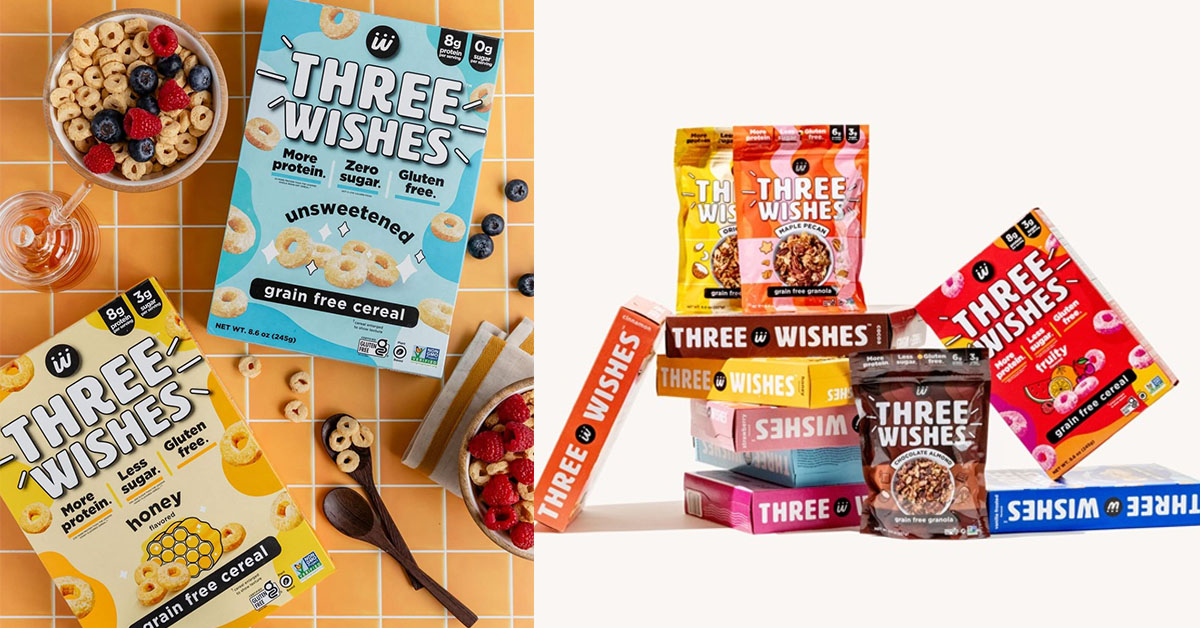
Additionally, the brand wants to position its products for everyone using recognizable flavors and nostalgia to drive innovation.
Striking a “balance between innovation and familiarity while maintaining great taste” is a practical approach to bringing new consumers to the snack bar category, according to Sydney Olson in Mintel’s “Snack, Nutrition and Performance Bars” 2023 US report.
Category competitor Magic Spoon has diversified into snacks with a high-protein nod to Rice Krispies Treats. Similar to its cereals, Magic Spoon has positioned its cereal bars to adult consumers but mostly distributes the product direct-to-consumer; whereas, the brand’s cereals have made the move to brick-and-mortar retail in recent years.
Even though Magic Spoon and Seven Sundays also grace Target shelves in the cereal aisle, Three Wishes is building out new points of entry for consumers in snacks.
“We offer a good, clean product that kids are excited about, that parents are excited about, and that adults without families could enjoy and love,” Wishingrad said.


